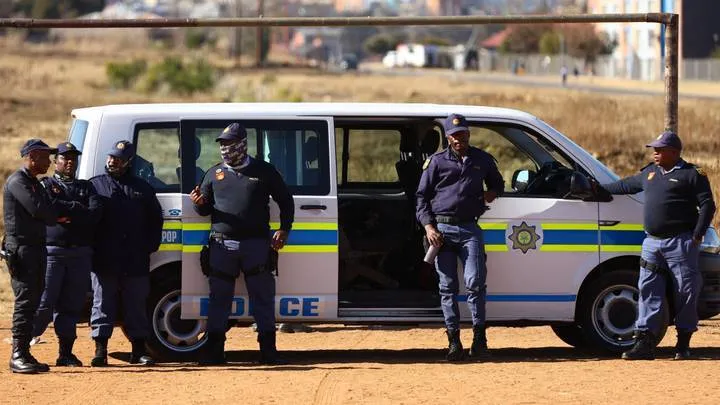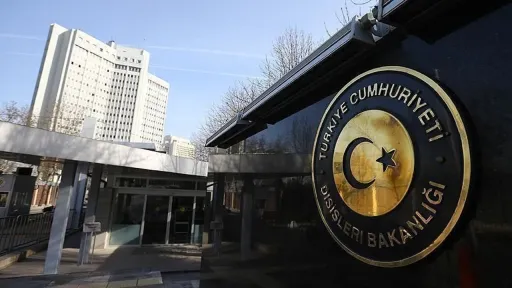Conflicting reports have emerged from Israeli media regarding the reopening of Gaza’s Rafah border crossing with Egypt.
Israel’s public broadcaster KAN said “the political echelon “ decided to reopen the Rafah crossing between Egypt and Gaza on Wednesday morning for the entry of humanitarian aid into the enclave, after the Palestinian group Hamas returned four more bodies of Israeli hostages on Tuesday evening.
However, the Israeli daily Yedioth Ahronoth, citing an anonymous Israeli security official, denied the opening of the border on Wednesday due to “logistical reasons.”
“It’s not logistically possible. We need to go down to the area, inspect it, and send in a team — that takes time,” the source said.
According to the Israeli official, the border is expected to remain closed tomorrow and “the date of its reopening is unknown.”
Earlier, reports indicated that Israel had decided to proceed with opening the Rafah crossing between Gaza and Egypt and allow the transfer of humanitarian aid into Gaza.
Israel cancelled planned measures against Hamas that included halving the number of aid trucks entering the enclave, it said.
The earlier decision to keep Rafah shut came after Hamas did not hand over the bodies of prisoners it was holding under the new US-brokered ceasefire deal, saying locating the bodies was difficult.
Israel requires aid to be offloaded from trucks on the Palestinian side of the border, where it then has to be collected by the UN and aid groups already in Gaza.
“We need all crossings open. The longer Rafah stays closed the more the suffering prolongs for people in Gaza, especially those displaced in the South,” UNICEF spokesperson Ricardo Pires said.
US President Donald Trump declared an end to Israel’s war on Gaza on Monday as the last living Israeli captives were swapped for Palestinian prisoners, raising expectations that aid supplies would be rushed into the enclave, where a global hunger monitor has warned hundreds of thousands of people face starvation.
“We are still witnessing only a few trucks coming in, and large crowds approaching these trucks in a way that does absolutely not conform to humanitarian standards,” ICRC spokesperson Christian Cardon told reporters in Geneva on Tuesday.
The UN World Food Programme said on Tuesday that it has brought in 137 trucks since the weekend.
Aid agencies are seeking to rapidly scale up supplies to people in Gaza City, where up to 400,000 people have not received assistance for several weeks, according to the WFP.
























